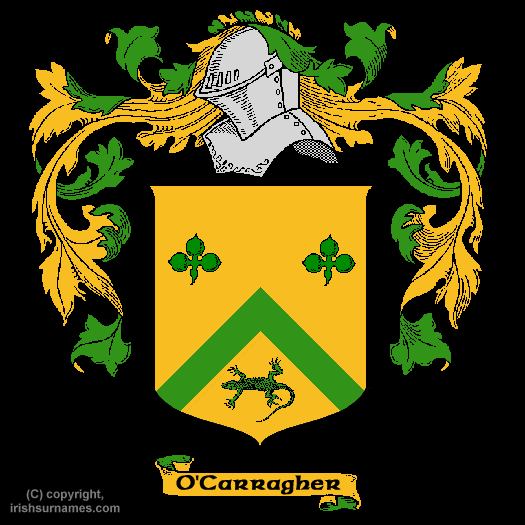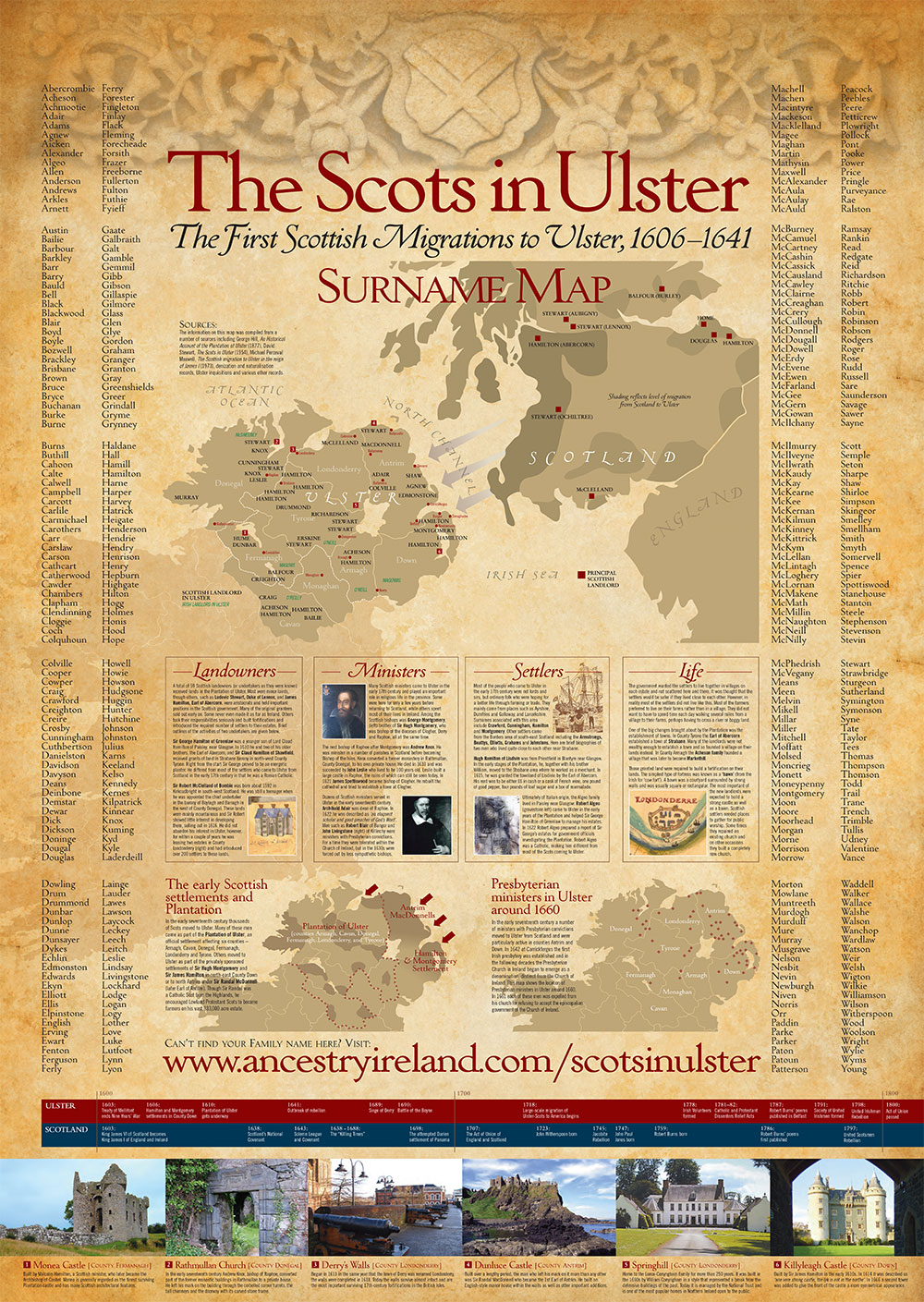Heath Flowers, Being a Collection Of Poems, Chiefly Lyrical, Written In the Highlands.
By William Glen
Pages: 83-84
Publication date: 1817
THE GATHERING OF CLAN MACFARLANE.
1 Send the fiery cross swift o'er the dark glens and fountains,
2 Kindle the beacon on dreary Ross-dhu,
3 Let hundreds flame high on the Arochar mountains,
4 The flowers of M'Farlane will soon be in view;
5 Bid the pibrochs sound bravely in gloomy Glenfruin,
6 Tho' M'Gregor be backed by the proud sider roy, [14]
7 They step to the battle, they march to their ruin,
8 We'll welcome them there with the shout of Loch-Sloy. [15]
9 When the Clan is insulted (for honour's their darling,)
10 They'll die on the heath if they cannot prevail;
11 For never a Clan, like the Clan of M'Farlane,
12 Trode the plain of the Saxon, or hill of the Gaël.
[Page 84]
13 When round by the side of Benlomond they're wending,
14 Their proud stately march fills the bosom with joy;
15 While the pibroch its wild stormy measure is blending,
16 With “This I'll defend,” [16] and the shout of Loch-Sloy.
17 M'Farlane steps forth in the bloom of his vigour,
18 His Sons move behind “like a bright ridge of flame.”
19 Now welcome to battle ye sons of Clan Gregor,
20 M'Farlane descends to the field of his fame:
21 Bid the war-pipes resound thro' the wilds of Glenfruin,
22 Let the Claymore in strength sweep around and destroy,
23 For M'Farlane will fall, or M'Gregor meet ruin,
24 On, on to the battle! ye heroes, Loch-Sloy!












